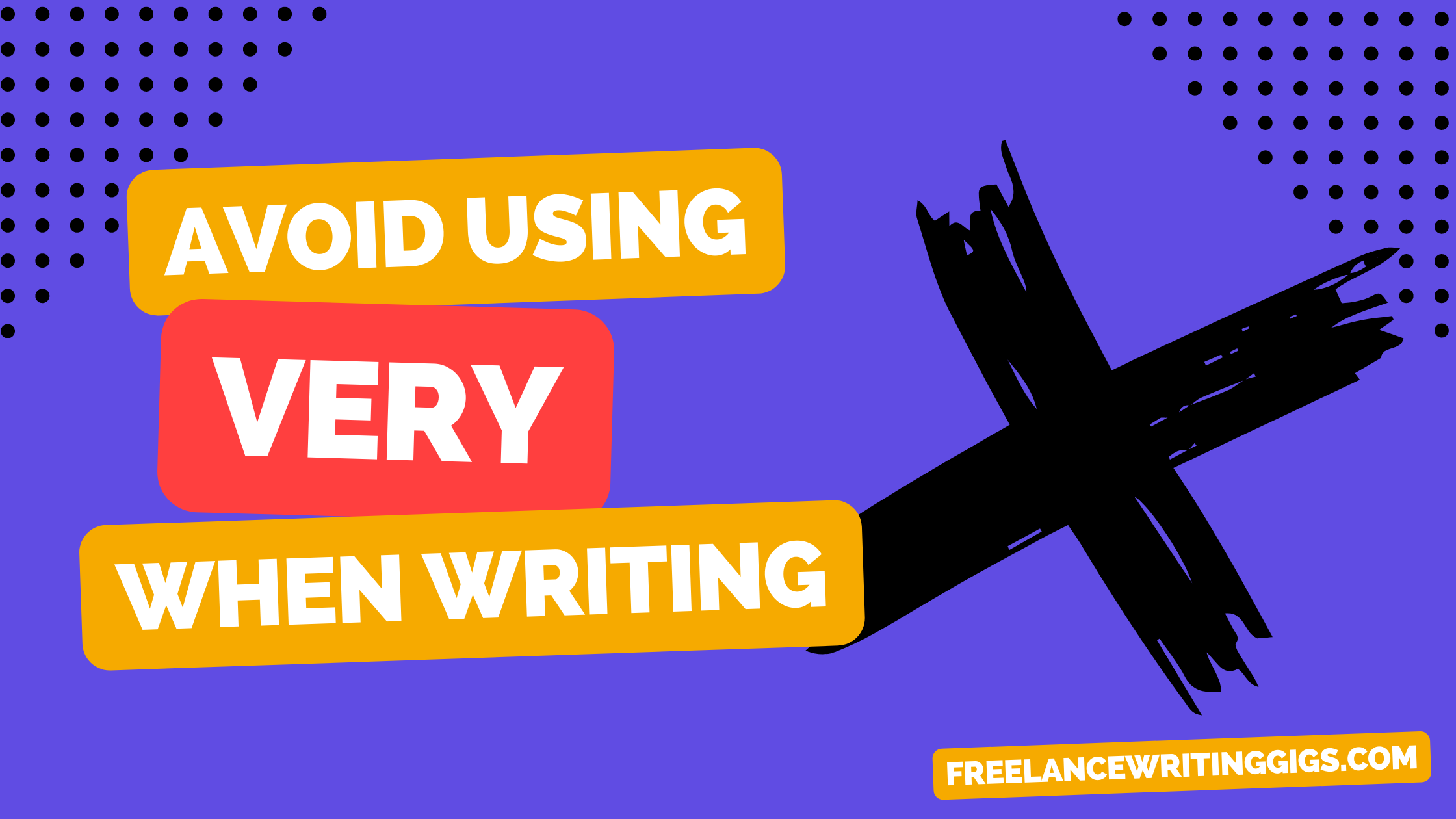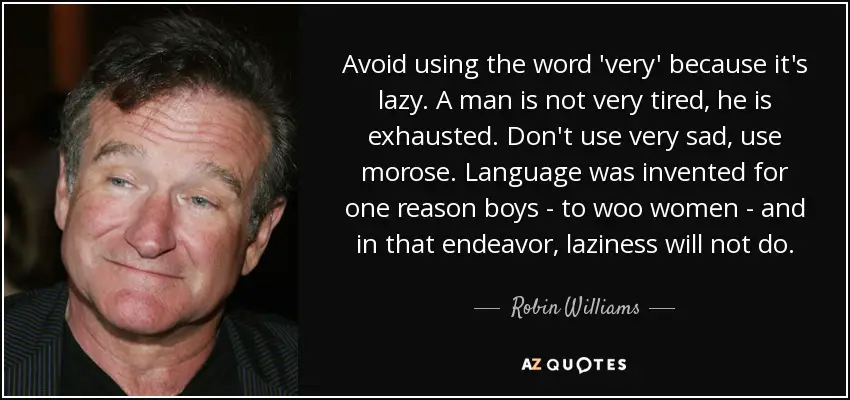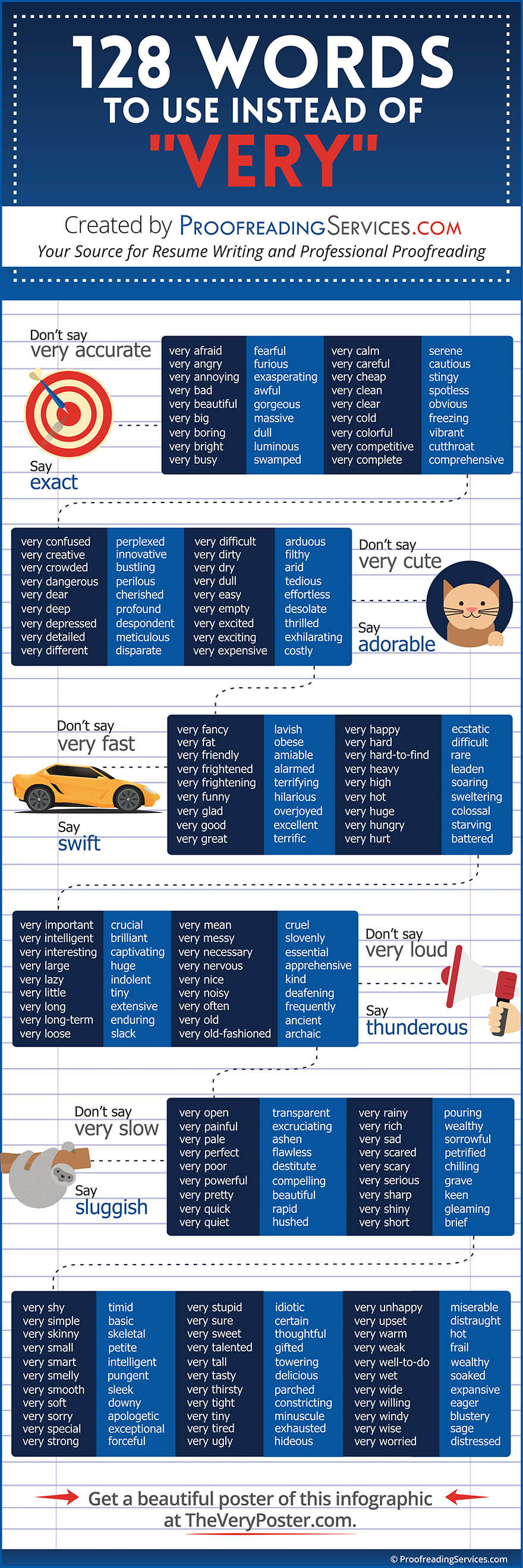“So avoid using the word ‘very’ because it’s lazy. A man is not very tired, he is exhausted. Don’t use very sad, use morose. Language was invented for one reason, boys – to woo women – and, in that endeavor, laziness will not do. It also won’t do in your essays.”
― N.H. Kleinbaum, Dead Poets Society
I’ve always thought that lazy writers are worse than “bad” writers (those who just need to hone their craft). If we were to live by the quote above, I suppose I just revealed how I think of myself as a writer — at times, at least.
There is no point in denying it — I use “very” more than I should.
How about you? Are you aware of how often you use the word?
The thing is, by its very definition, the word is meant to add emphasis. It is intended to strengthen another word.
The Oxford Dictionary’s definition: used for emphasis.
However, just like how an exotic place that has been visited once too often loses its allure, the use of very has lessened its impact.
The good news is that many words serve as substitutes for [very + adjective].
Below is a nifty infographic that will make your life easier. It lists alternative words to help you avoid using very and strengthen your writing.
You might also want to read “It’s Not Wrong, Just Different“
[Updated September 2022]




Leave a Reply